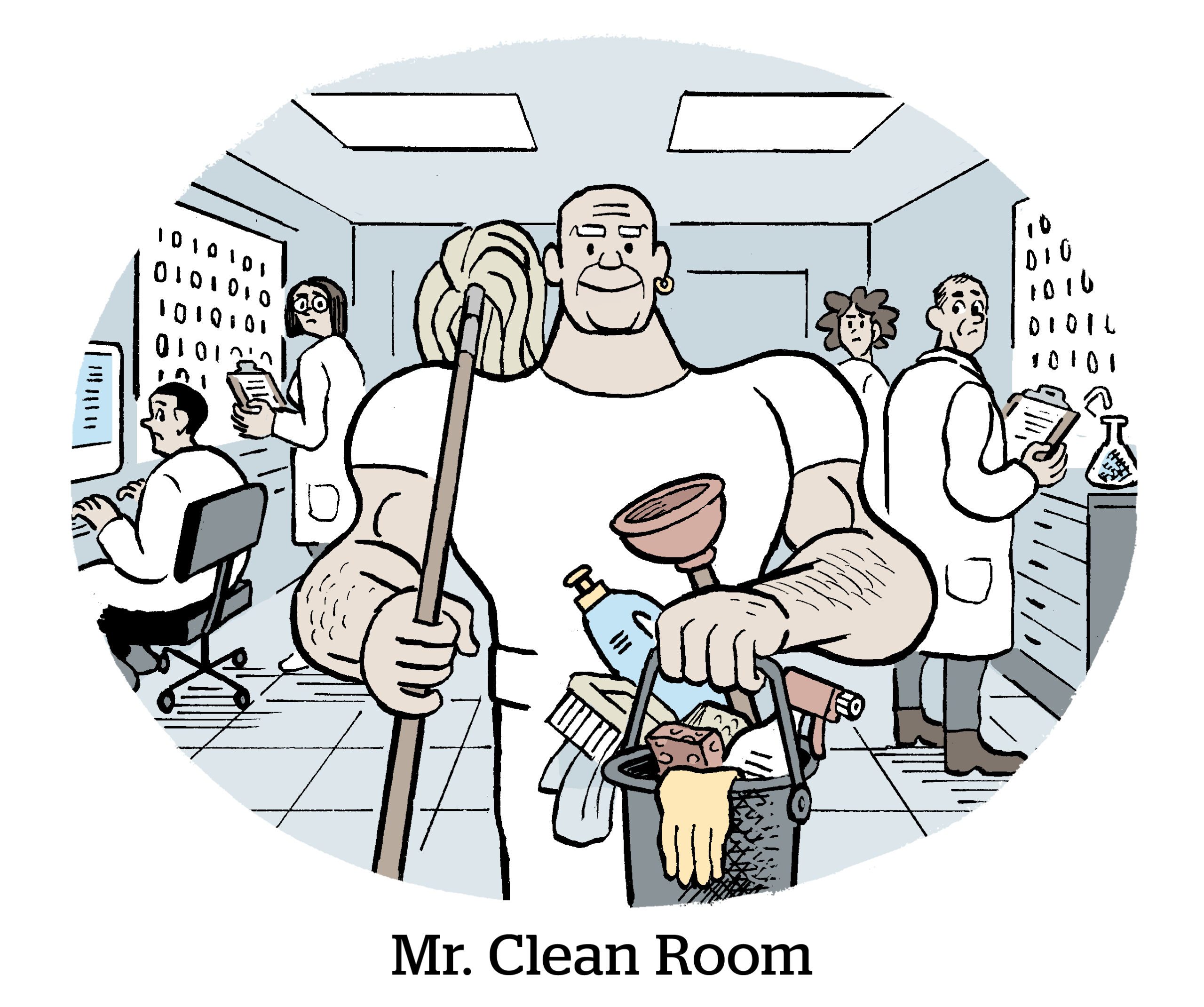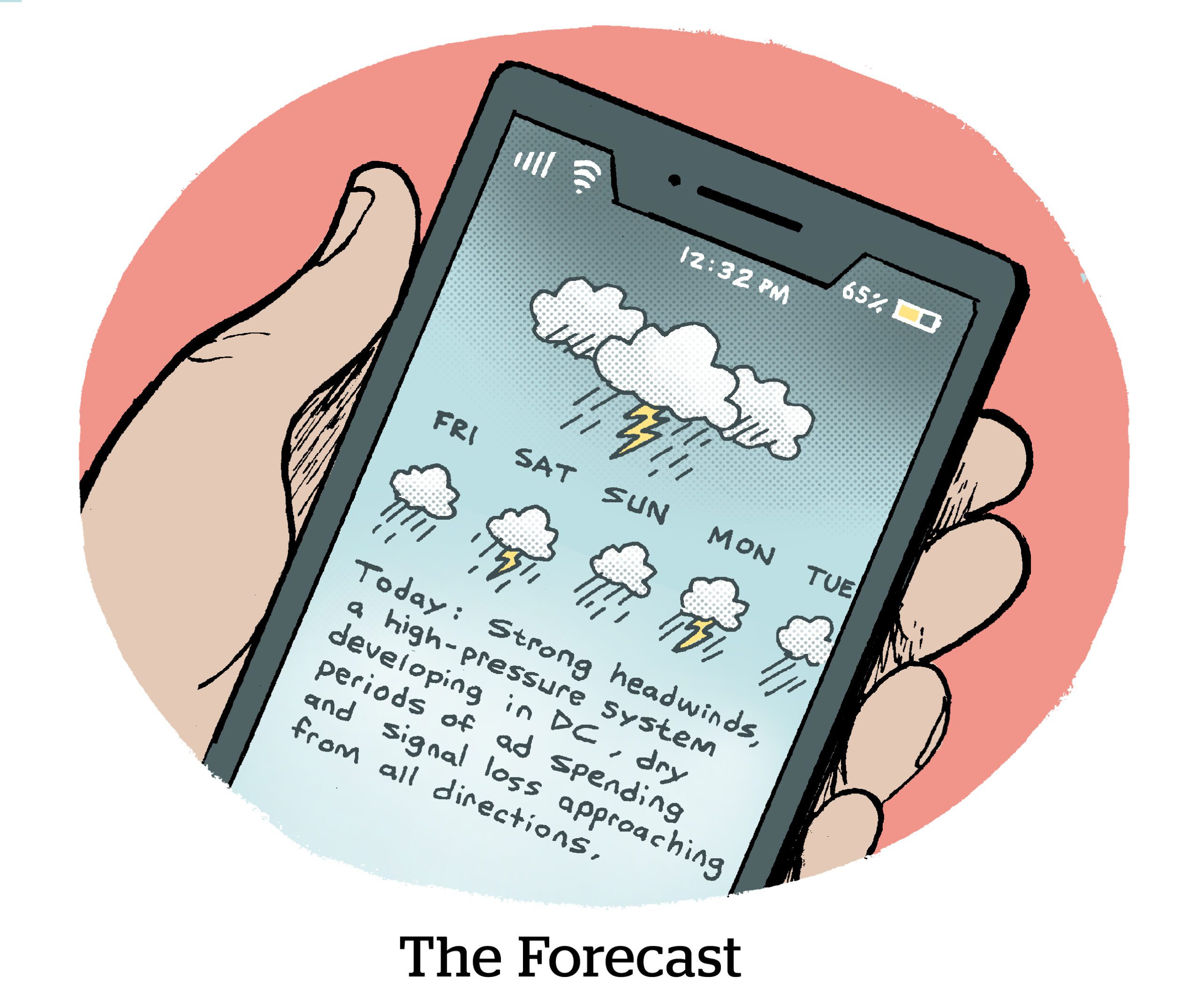
Here’s today’s AdExchanger.com news round-up… Want it by email? Sign up here.
Podcast Talk
Podcasting has heated up, with big M&A deals in recent years, including Amazon’s acquisition of Wondery for $300 million and Spotify’s $235 million deal for Megaphone. Podcast advertising is forecasted to exceed $2 billion by 2023, according to emarketer, which revised up its estimate after a 36.8% spike last year. As budgets pour into the space, marketers are grappling with challenges such as inconsistent and black box measurement, network fragmentation and tough contextual targeting, Digiday reports. Contextual targeting in particular is a crucial way to attract more programmatic spend, which only accounts for 5% of the estimated $1 billion podcast ad market this year. Advertisers want to attribute campaigns based on where consumers are listening, and what devices or smart speakers, or even “connected cars,” audiences are using to tune in. Additionally, the industry is trying to work out the challenges posed by hosts reading ads during their own podcasts, which is another programmatic barrier.
Head In The Clouds
Earlier this week, a beta community of Windows power users saw their devices and cloud services crash after the company emailed a message containing a promotion of an upcoming Microsoft Teams and Windows integration. The problem stemmed from a small file download to IrisService, Microsoft’s tool to control Bing features like wallpaper of the day, promotions and suggestions on the Lock screen, reports Daniel Aleksandersen at Ctrl blog. A piece of that code was coincidentally identical to the Teams file that creates a panel obscuring the Start menu and computer task bar. Except in this case the panel couldn’t be removed without an OS update or annoying workarounds. But developers and business cyber security experts can’t accept such a vulnerability, even in this case that was specifically for software early adopters. “Ads in Windows are important to Microsoft. They’re nowhere to be found on the priority lists of Microsoft’s customers. We don’t want them there at all! Millions of people depend on Windows every day, and it simply needs to be more robust than this.”
Let It Go
Pour one out for Spin magazine, for Newsweek and The International Business Times, for Deadspin, for Sports Illustrated and even Maxim. These near-zombie magazine and news companies have long since been acquired by mar tech operators and private equity sharps. They were drained of their lifeblood, writes media journalist Luke Winkie in his newsletter On Posting, but they live on since their titles have value in attracting lazy clicks, or in some cases as vehicles to repackage conservative media stories. And the demands of capital do not allow for a dignified death for these pre-internet nostalgia news brands. “All that remains is the hallowed name, serving as cover for the sweatshop of cynical, mean-spirited instincts lingering just below the surface.”
But Wait, There’s More!
Amagi raised $100M for its cloud-based SaaS TV advertising tech. [TechCrunch]
Amazon is adding TikTok functionality to Fire TV. [Adweek]
Alfi launches tablets that use facial detection technology to serve ads in rideshares. [BI]
LiveIntent and OpenX team up on a cookieless authentication solution. [release]
WPP’s Mindshare retains Unilever’s US business but loses out in Europe and Canada. [Ad Age]
Apple must allow other forms of in-app purchases, rules judge in Epic v. Apple. [The Verge]
You’re Hired
Apollo hires former Tinder CEO Jim Lanzone as CEO of Yahoo. [WSJ]
Meanwhile … Match taps Renate Nyborg as Tinder CEO. [CNBC]










